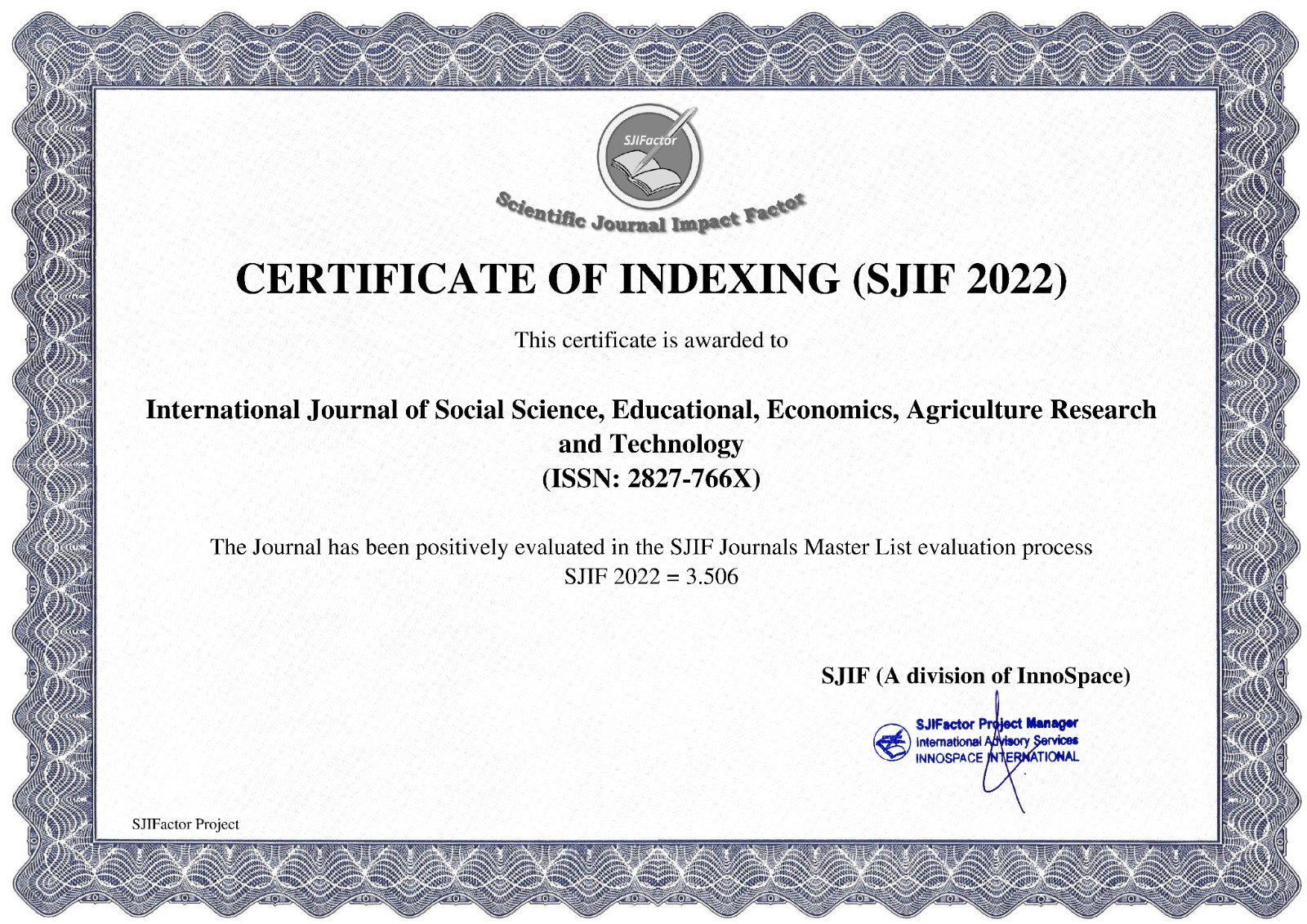The Impact of Social Media on Political Mobilization and Voter Behavior in Emerging Democracies
Main Article Content
Perveez Ahmad Khan
This study investigates the impact of social media on political mobilization and voter behavior in emerging democracies. In the digital age, platforms such as Facebook, Twitter (X), WhatsApp, and Instagram have redefined political communication by enabling real-time interactions, lowering the barriers to civic participation, and amplifying grassroots movements. Focusing on case studies from India, Brazil, and Kenya, the research reveals that social media has significantly increased political awareness, especially among youth, and has become a critical tool for electoral campaigning. However, the study also highlights the darker side of digital engagement misinformation, polarization, and digital exclusion which pose challenges to democratic integrity. Employing a mixed-methods approach, including surveys, interviews, and content analysis, this paper underscores the dual potential of social media as both a catalyst for democratic participation and a vector for political manipulation. The findings call for policy reforms, digital literacy initiatives, and stronger regulatory frameworks to ensure that social media serves as a constructive force in democratic consolidation.
Bakir, V., & McStay, A. (2018). Fake News and The Economy of Emotions: Problems, Causes, Solutions. Digital Journalism, 6(2), 154–175.
Howard, P. N., & Hussain, M. M. (2013). Democracy’s Fourth Wave? Digital Media and the Arab Spring. Oxford University Press.
Kumar, S., & Sharma, A. (2020). Social Media and Electoral Politics in India. Journal of Political Studies, 26(1), 12–27.
Mutahi, P., & Kimari, B. (2017). The Impact of Social Media on Kenya’s 2017 Elections. Institute of Development Studies Bulletin, 48(4), 19–34.
Norris, P. (2012). Digital Divide: Civic Engagement, Information Poverty, and the Internet Worldwide. Cambridge University Press.
Resende, G., Melo, P., Sousa, H., Messias, J., Vasconcelos, M., Almeida, J., & Benevenuto, F. (2019). Analyzing Political Bias and Echo Chambers in Brazilian WhatsApp Groups. Proceedings of the 10th ACM Conference on Web Science, 335–344.
Tufekci, Z. (2015). Algorithmic Harms Beyond Facebook and Google: Emergent Challenges of Computational Agency. Colorado Technology Law Journal, 13(1), 203–218
Bakir, V., & McStay, A. (2018). Fake News and The Economy of Emotions: Problems, Causes, Solutions. Digital Journalism, 6(2), 154–175.
Bosch, T. (2017). Twitter activism and youth in South Africa: The case of #FeesMustFall. Information, Communication & Society, 20(2), 221–232.
Boulianne, S. (2015). Social media use and participation: A meta-analysis of current research. Information, Communication & Society, 18(5), 524–538
Gil de Zúñiga, H., Jung, N., & Valenzuela, S. (2012). Social Media Use for News and Individuals’ Social Capital, Civic Engagement and Political Participation. Journal of Computer-Mediated Communication, 17(3), 319–336.
Howard, P. N., & Hussain, M. M. (2013). Democracy’s Fourth Wave? Digital Media and the Arab Spring. Oxford University Press.
Kumar, S., & Sharma, A. (2020). Social Media and Electoral Politics in India. Journal of Political Studies, 26(1), 12–27.
Loader, B. D., Vromen, A., & Xenos, M. A. (2014). The networked young citizen: Social media, political participation, and civic engagement. Information, Communication & Society, 17(2), 143–150.
Morozov, E. (2011). The Net Delusion: The Dark Side of Internet Freedom. PublicAffairs.
Mutahi, P., & Kimari, B. (2017). The Impact of Social Media on Kenya’s 2017 Elections. Institute of Development Studies Bulletin, 48(4), 19–34.
Norris, P. (2012). Digital Divide: Civic Engagement, Information Poverty, and the Internet Worldwide. Cambridge University Press.
Pariser, E. (2011). The Filter Bubble: What the Internet Is Hiding from You. Penguin Books.
Resende, G., Melo, P., Sousa, H., Messias, J., Vasconcelos, M., Almeida, J., & Benevenuto, F. (2019). Analyzing Political Bias and Echo Chambers in Brazilian WhatsApp Groups. Proceedings of the 10th ACM Conference on Web Science, 335–344.
Tufekci, Z. (2015). Algorithmic Harms Beyond Facebook and Google: Emergent Challenges of Computational Agency. Colorado Technology Law Journal, 13(1), 203–218.
Van Deursen, A. J. A. M., & Helsper, E. J. (2015). The Third-Level Digital Divide: Who Benefits Most from Being Online? Communication and Information Technologies Annual, 10, 29–52.






















